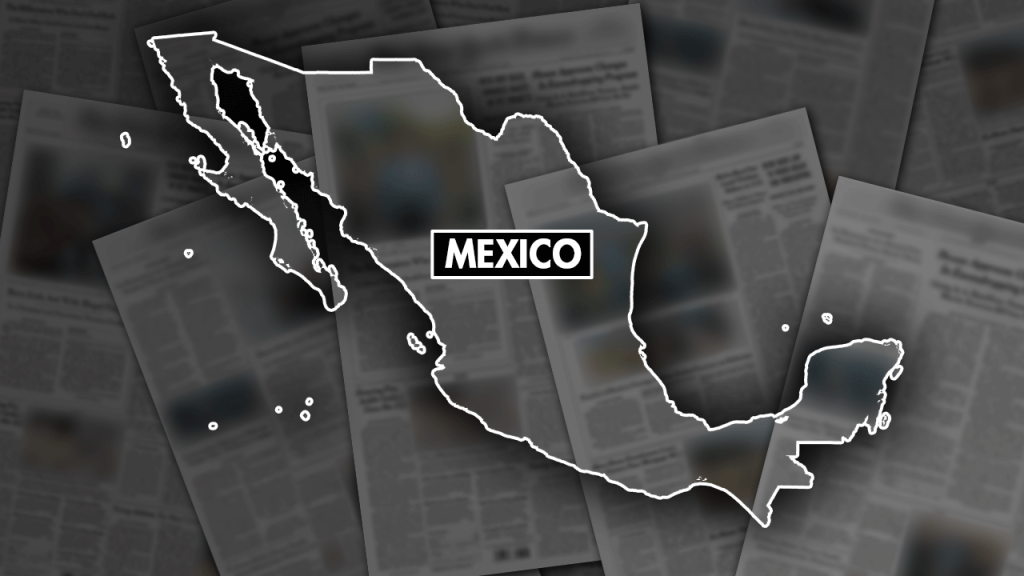Salvador Rangel, a retired Roman Catholic Bishop who was known for mediating between drug cartels in Mexico, was reportedly kidnapped but later located and taken to a hospital according to the Mexican Council of Bishops. Rangel had disappeared on Saturday, and the church leadership called for his release, stating that he was in ill health and needed access to his medications. Rangel had previously sought to broker agreements between drug cartels in the violent diocese of Chilpancingo-Chilapa in Guerrero, which has been plagued by turf battles between drug cartels.
Rangel’s abduction was reflected the dangerous environment that prelates must navigate in cartel-controlled areas of Mexico, where any misstep could have grave consequences. It was unclear who had abducted Rangel, and no group immediately claimed responsibility for the kidnapping. If any harm had come to him, it would have been the most significant crime against a senior church official since 1993 when Bishop Juan Posadas Ocampo was killed by drug cartel gunmen in a case of mistaken identity. The details of Rangel’s abduction were confirmed by prosecutors in Guerrero state, and cooperation was offered by authorities in Morelos.
In February, bishops announced that they had arranged a truce between two rival drug cartels in Guerrero, indicating the church’s ongoing efforts to reduce violence in cartel-dominated areas. Priests and bishops have engaged in negotiations with drug cartel leaders to broker peace agreements with the hopes of reducing the violence and bloodshed that affects communities. However, peace talks have been challenging, as drug gangs often refuse to cease fighting or impose conditions on disputed territories, leading to setbacks in negotiations.
President Andrés Manuel López Obrador has endorsed the involvement of priests and pastors in pacifying the country, recognizing the role that religious leaders play in negotiating peace deals with drug cartels. Critics argue that the government’s policy of not confronting cartels has forced citizens to negotiate their own peace agreements with criminal organizations. While some view the church’s involvement as a necessary step to ensure safety in communities, others point out that it highlights the government’s failure to provide security and protect citizens from violence.
Rangel had warned that truces between gangs are fragile and easily broken due to the nature of the drug trafficking world, where agreements are often betrayed. Despite the risks, priests in Mexico continue to engage with drug cartels to seek peace and maintain stability in their communities. However, this involvement has resulted in violence against members of the clergy, with several priests being killed in recent years. The church’s Catholic Multimedia Center reported that a priest in Michoacan was the ninth to be slain in the country over a four-year period, highlighting the dangers faced by priests in Mexico.


